Women in science: Smashing glass ceilings and glass walls
- Published
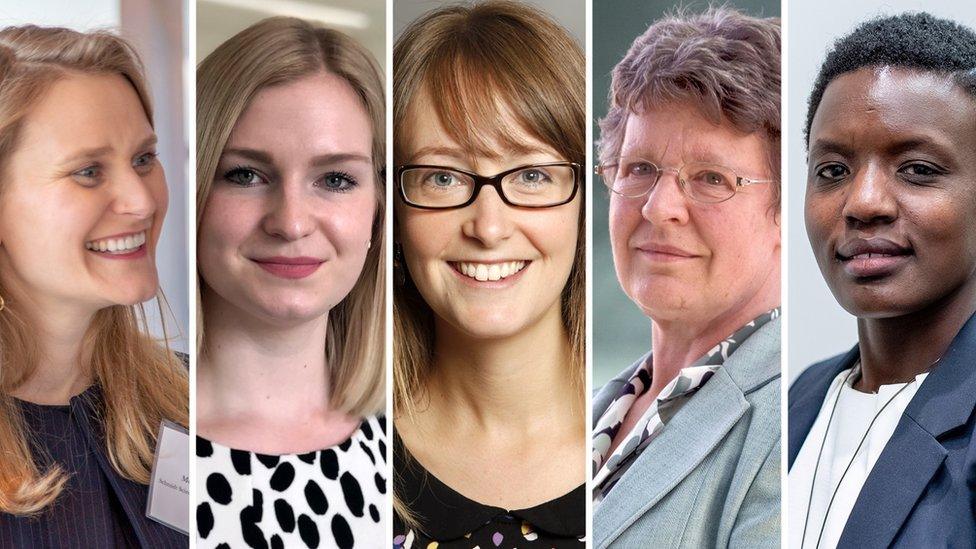
A woman engineer who worked on the moon landing spoke this week of how she was once told the control room was no place for women. Things have changed a lot in 50 years, but not as fast as some had hoped. BBC News spoke to five scientists from different generations who are breaking barriers in their field.
The Pioneer: Prof Jocelyn Bell Burnell
Famous for discovering the first pulsar more than 50 years ago, Prof Dame Jocelyn Bell Burnell has also been a lifelong advocate of women in science.
As a school pupil in Northern Ireland in the 1950s, like other girls she was not permitted to study science until her parents (and others) protested.
"The boys got sent to the science lab and the girls got sent to the domestic science room because everybody knew that girls were only going to get married so they needed to learn how to make beds," she recalls.
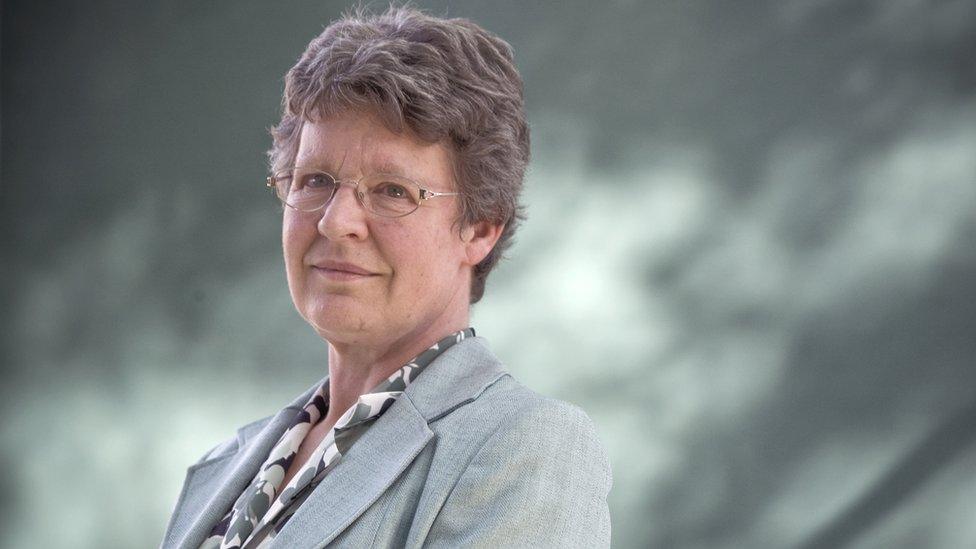
Dame Jocelyn Bell Burnell
Currently visiting professor of astrophysics at the University of Oxford, she was one of a group of female scientists whose efforts led to awards recognising commitment to advancing the careers of women in science. The Athena Swan scheme requires universities and colleges to address gender equality.
"That went slowly to begin with until some of the bodies that give funding to universities took notice and said you have to hold one of these Athena Swan awards if you want our money," she says. "And that focused minds remarkably."
More stories you might like to read:
The gender divide in science is cultural rather than anything to do with women's brains and some countries do much better than others, she says.
In astrophysics southern European countries like France, Spain and Italy do much better than northern European countries like Germany and The Netherlands, for instance.
"In all those countries the proportion of women is going up but the pattern has stayed the same, which is interesting," she says.
"The progress is slow, things are changing gradually."
Her advice to women in science? "Don't be daunted, hang in there, work hard, of course, be courageous."
The research leader: Dr Nicola Beer
Dr Nicola Beer's interest in science developed at an early age; one of her earliest memories is of watching her teacher demonstrate the concept of sound waves using a paper plate filled with rice and a portable speaker at primary school.
Of the first generation in her family to go to university, her biochemistry degree at Bristol led to a PhD at Oxford and a Fulbright scholarship in the US at MIT and Harvard before she swapped the research bench for leading a research team.
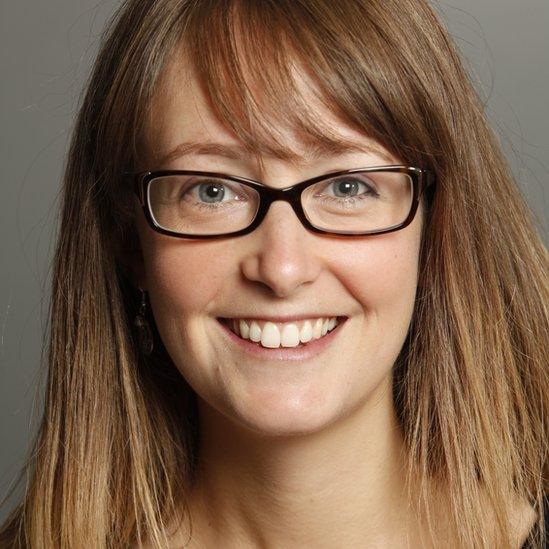
Dr Nicola Beer
As senior head of department for Discovery Biology & Pharmacology at the Novo Nordisk Research Centre Oxford, external, she is both head of department and scientist.
"It's about setting the strategic direction, helping people mature their ideas, deliver, also support them in their career," she says.
She believes with fewer women in leadership roles, women have an obligation to support each other, as mentors, by passing on knowledge, or by simply being "generous and opening the door".
"That is something I think we should be doing across the board whether it's women, whether it's younger people, whether it's people in their career journey. We have an obligation to pave the way of how it should be rather than protecting our own position, and generosity is quite important in that," she says.
As a female leader, she notices that people often try to suggest a uniform way for women to be leaders, such as being louder or more assertive in a situation or to respond to things in a set way.
"I think we should make a concerted effort to encourage women to be the best leader they can be, rather than a stereotype of how we perceive that should be," she says.
For her, this means avoiding the preconceptions we can have about one other, such as limits to what we can achieve and what work we can do.
"I'm passionate about smashing glass ceilings and glass walls and I really think we should break down silos between us and boxes and preconceptions," she says.
The trailblazer: Gladys Ngetich
When Gladys Ngetich was told in a meeting, 'You don't look like an engineer,' she went home wondering what an engineer was supposed to look like.
As a research student studying mechanical engineering she has got used to fighting stereotypes and being something of a trailblazer. Studying for a degree in mechanical engineering in Kenya, she was one of eight women in a class of 80.
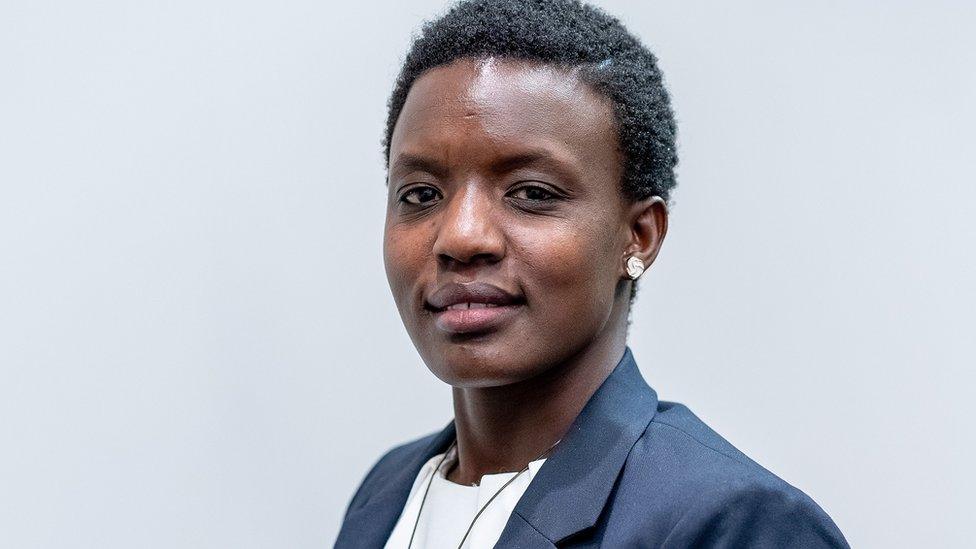
Gladys Ngetich
She says of her first year, "most of the guys in our class thought we would not make it", but she graduated with a first class degree.
Currently completing her PhD in aerospace engineering at the University of Oxford, she has just won a 2019 Schmidt Science Fellowships, external to investigate space science technologies that support sustainable development.
More stories like this:
Inspired by women like Prof Bell Burnell, she wants to help inspire a new generation of engineers.
"What keeps me going is the fact that someone has to scribe a new path, someone has to start walking to pave the way for someone else," she says. "I'm hoping there will be a trail of women coming after me - and hoping they won't have to prove themselves so much."
Pushing boundaries: Dr Megan Wheeler
How do you solve the big challenges facing the world? Science holds the solutions, but only if you look at problems through multiple lenses. That's the view of Dr Megan Wheeler, who, as executive director of the HSchmidt Science Fellows, external programme, is on a mission to train the next generation of science leaders.
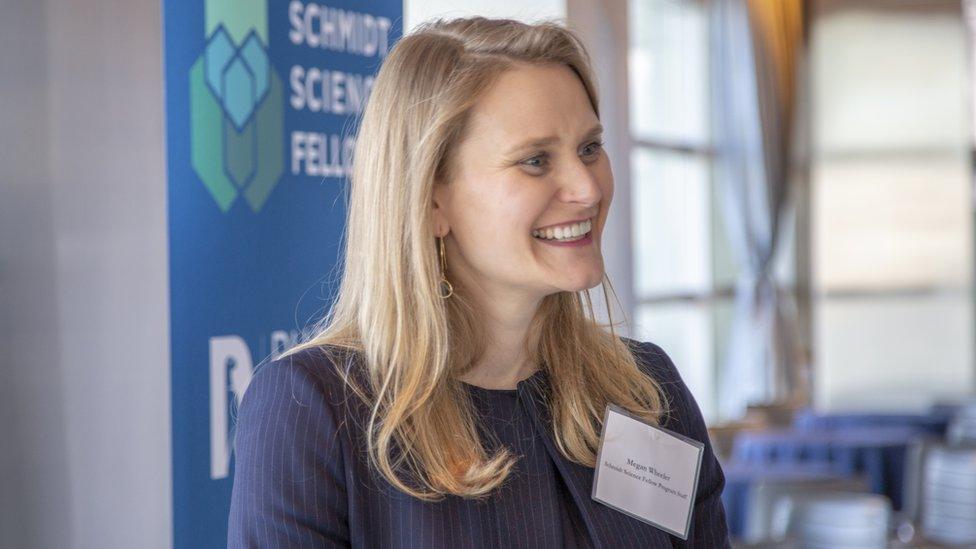
Dr Megan Wheeler
Dr Wheeler has dual doctorates in neuroscience (University of Oxford) and clinical psychology (The Catholic University of America). She is now leading a programme aimed at harnessing the brightest and best in science to tackle global challenges
Efforts like the human genome project have shown the value of working across traditional boundaries in science to advance discovery, she says.
"I think that it is critical that we have scientists who both have a real depth of experience but also who can step across those boundaries," she explains.
Being a scientist today means having an ability to step outside of the lab and to communicate why the work is important, she says.
This requires a broad skill set to engage the public, funding bodies and policymakers, but also to work with scientists from other disciplines to "see solutions to problems that one of you could not see alone".
The rising star: Elina Aino Johanna Pörsti
The daughter of a physics teacher and a medical doctor, Elina Aino Johanna Pörsti grew up in Finland in a family where scientific dialogue was second nature. When there was thunder, her father would explain the physics behind it, while her mother would explain the human body.
As a child she showed her entrepreneurial spirit, when she set up her own pharmacy on the beach.
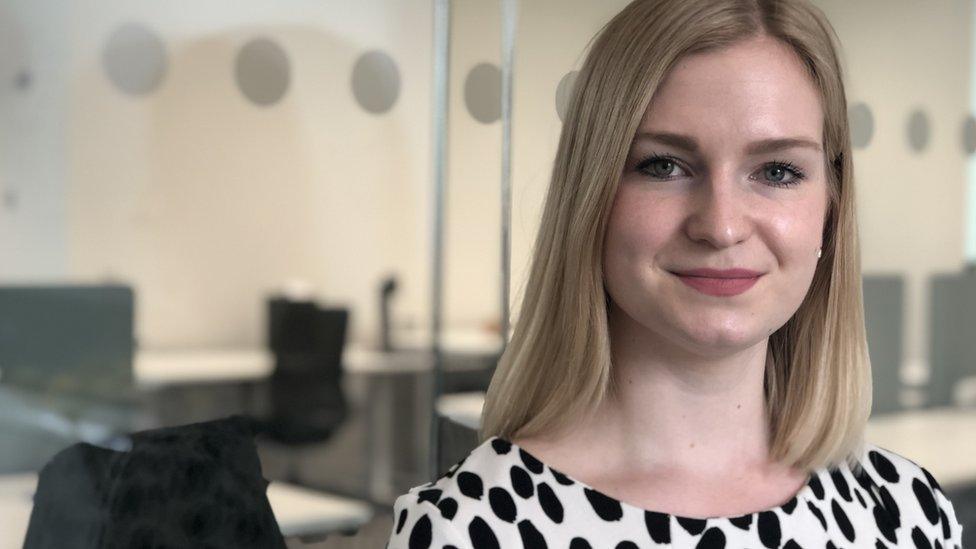
Elina Aino Johanna Pörsti
"Stones were the different medicines - and then people had to come to me and then tell what is wrong and then I would give them the right medicine," she says.
At school she did a biology course in gene editing, which set the course for her future career.
"It's amazing that you could extract DNA and work in a lab and I thought it sounded super cool and something I'd be able to do," she says.
"For me personally I'm fascinated by science because I like to understand and there's always more to understand and there is always more to read and learn."
She studied molecular science at the University of Helsinki and gained an MBA from Copenhagen. She is now a scientist at the Novo Nordisk Research Centre Oxford, external working on the discovery of new diagnostic tools.
She says at school in Finland, everyone was treated the same, which is critical for enhancing women's position in science.
"In thinking how we can enhance women's position in science generally I think the work should start early on," she says.
Follow Helen on Twitter, external.